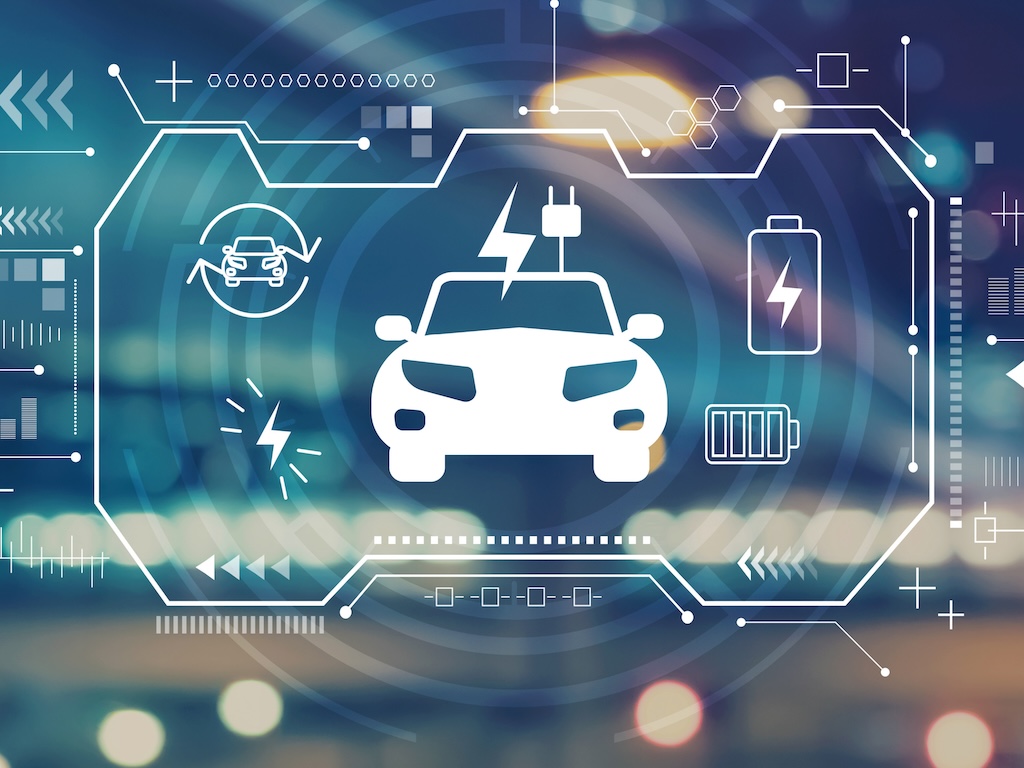So the article at the link I posted states private sales aren't contributing to EV sales growth - the growth is from BIK and salary sacrifice schemes. To quote from the article at the link I posted;
‘While the private share of the BEV market continues to fall – 17.2% went private buyers, compared with 20.3% last year – private BEV volumes did increase by a marginal 0.9%. Overall, BEVs accounted for 16.8% of the new car market, year to date’
And further on in the article;
‘Richard Peberdy, UK head of automotive for KPMG, added: “Benefit-in-Kind and salary sacrifice incentives for business have been the major driver of growth in EV sales and market share for some time now. The evidence increasingly suggests that accelerating private EV sales may require similar incentivisation, particularly if the Government is going to reinstate the 2030 end to new petrol and diesel vehicle sales.’
I agree that there are likely to be savings realised from cheaper servicing and fuel costs. However, fuel costs are only likely to be cheaper if owners have off street parking facilities at home so they are able to take advantage of charging using off peak electricity.
There are other costs that currently are likely to be higher with EV ownership compared to ICE ownership - e.g. cost of insurance and vehicle depreciation rates. For private individuals acquiring a new EV and paying monthly under a PCP or leasing, the monthly payments will reflect that likely higher projected depreciation rate / lower residual vehicle value compared to an ICE vehicle. Those higher monthly payments and higher insurance costs may well exceed any savings realised from lower servicing and fuel costs.
I agree, EV technology will also continue to evolve which should make EV ownership more appealing and more affordable. However, IMHO the infrastructure to support mass EV ownership isn’t where it needs to be, and I would question whether it will be by whatever date (2030 or 2035?) new ICE’s are no longer sold.
I think we're talking about two different things:
Splitting EVs into privately bought and those bought through salary sacrifice etc, the share of private sales reduced slightly.
I was referring to the overall share of the market for EVs, which has increased year on year.
People who can use salary sacrifice may well use that scheme to benefit from the tax position. Otherwise, they may likely have chosen to buy a car privately. They won't likely do both!
My wife's EV is on a salary sacrifice scheme. She didn't go out looking for an EV. It just happened to be that an EV was the cheapest salary sacrifice option, and was available with insurance and servicing included. So, her insurance was certainly not far more - otherwise the EV cost to her would be more. Same with depreciation, the cost cannot be excessive as the overall cost was the lowest!
Some cars do depreciate more than others. Autotrader research indicates that EVs depreciate slightly more than petrol and diesel cars. But, about 90% of people finance cars. So, that would be apparent in PCP deals etc.
The EV network is improving. Indeed, there are more EV charging points than petrol pumps. Some areas of UK are better served. But, in reality, most people in UK charge their car at home most of the time. In that case, charging is cheaper than fuel costs.
Each to their own. But after 2.5 years of EV ownership my wife is sold on getting another EV. She doesn't drive high miles so range is less of an issue. As I said, the average daily mileage in UK is around 18 miles. So most people simply do not need a 500 mile range.
Lots of EVs now which are competitively priced. They are not for everyone. Hybrids or ICE will suit some motorists more. But in UK, I don't see an issue with moving to full electric (or at least non-ICE) in the next 10 years or so. Battery charging and range are improving. The infrastructure is improving. And, there are options to bring more people into the mix. Lots of options on the table for people who don't have a driveway or off-road parking, for example.
The dates for moving away from ICE may slip. And ICE might not be fully replaced by EVs. The legislation doesn't insist on EVs - just not ICE!
We have quite a few years to go.
There are batteries tested which can achieve 200 miles of range in 5 minutes, which should appease those with range anxiety. In practice, most motorists simply don't need 400 miles of range every time they leave the house. Nor do most motorists rely heavily on the national charging infrastructure. Even before we had a home charger fitted (which was included in the monthly leasing cost and still cheaper than an ICE), it wasn't that inconvenient to charge at a local EV point. Yes, one at the local supermarket was out of order. But, charge for 30 minutes while getting some exercise!




